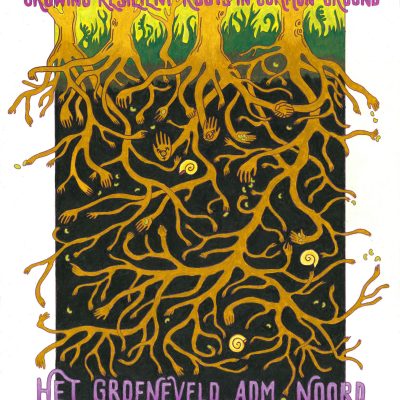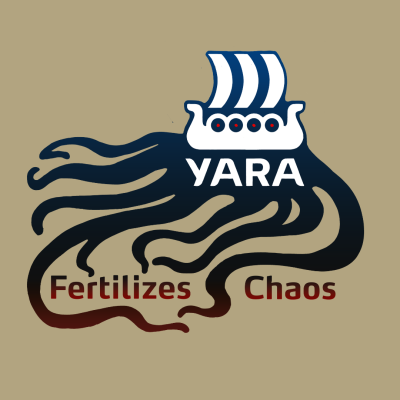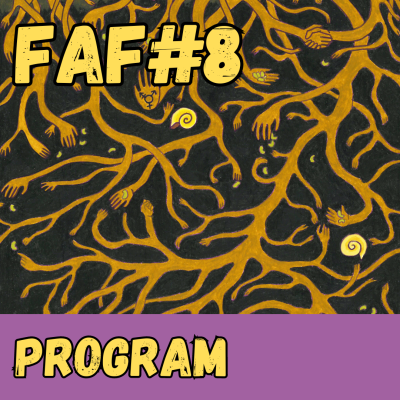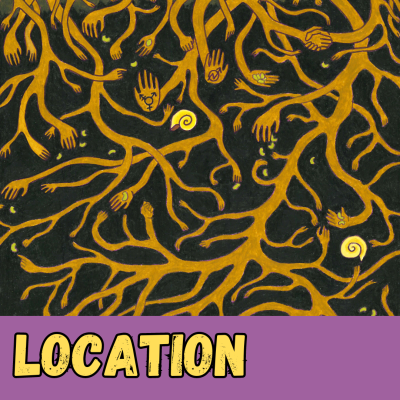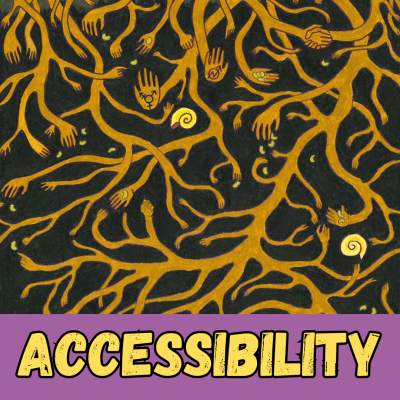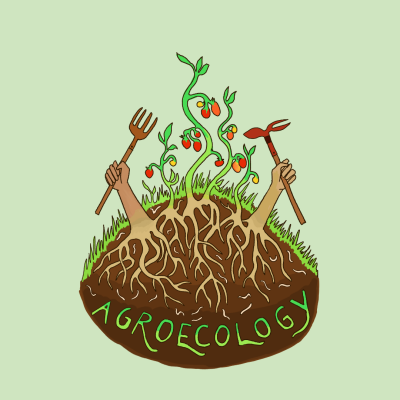One of the ASEED interns conducted an in-depth study on the history of the Lutkemeerpolder as a Master Thesis research for the programme of Sustainable Development at Utrecht University (Faculty of Geosciences).
It is possible to download the thesis below or to retrieve it throught the Utrecht University Library.
Disclaimer: the views, thoughts, and opinions expressed in the text belong solely to the author, and not necessarily to ASEED or to any other organization, group or individual. As the author is a critically thinking human being, the views expressed are subject to change or revision at any time. The author is not responsible for the misuse or uncited copies of this copyrighted content by others. For more information contact: isabelladj@protonmail.com or i.dejudicibus@students.uu.nl
Short summary
The study explores the history of land-use in a sub-area of the Lutkemeerpolder, where De Boterbloem farm is located, and the interests and claims of the actors involved in the development/protection of the land. The focus is on the power dynamics between the different groups and how it influenced the land-use. Main groups of actors involve: the Municipality of Amsterdam, the developing company, Behoud Lutkemeer supported by the local social movements and citizens and the farmers.
Abstract
Sustainability transition studies mostly deal with normative views of ”sustainable development”, only marginally referring to the fact that citizens, governments, companies and other stakeholders have not only different interests, but also diverging ideas of ”what ought to be transformed” in society. By doing so, the literature often fails to picture those cases where bottom-up actors attempt to push for more radical transformations, by engaging in politically-charged conflicts with other stakeholders. These conflicts can take place in many different ways, but they are especially relevant for sustainability sciences when what is at stake is the use of natural resources.
Acknowledging that land is one of the most basic and fundamental resources for human activities and considering how the fast-growing rate of urbanization in the Netherlands has potential negative implications for ecosystems and climate regulation, this research analyzes how a transition can unfold on a land region located in the outskirts of Amsterdam. The approach uses a case-study to unravel how power dynamics shaped an ongoing struggle over land-use of two different coalitions of actors, which hold different interests and views of ”how the land should be transformed”.
The results of the study indicate that power imbalances between the groups are the main factors which prevented the bottom-up radical sustainability transition to occur. It did so by mean of a thick description of the case, 15 stakeholders
interviews and document and policy analysis. The findings also point out the necessity of challenging more systematically normative views of sustainability in the transition literature, possibly comparing different empirical cases. One of the aims of further research could involve additional exploration of the highly-debated role of power in transition studies and its implications for sustainability discourses.
Keywords: Land-use; Netherlands; Power; Sustainability transition studies.

